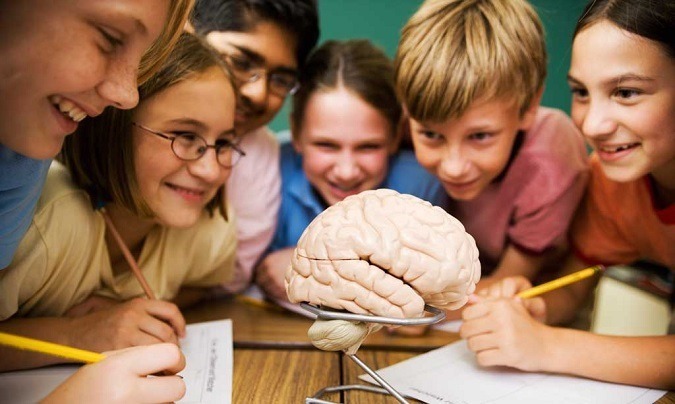Posts Tagged ‘motivation’
Meta-analysis finds value in teaching the science of neuroplasticity, especially for math achievement among at-risk students
___ The ‘Brain’ in Growth Mindset: Does Teaching Students Neuroscience Help? (Education Week): “Teaching students the science of how their brains change over time can help them see intelligence as something they can develop, rather than innate and unchangeable, finds a new analysis of 10 separate studies online in the journal Trends in Neuroscience and Education.…
Read MoreBrainTech: Six Take-aways on Neuroplasticity and Cognitive training
Israel’s first international BrainTech conference took place this week, on October 14 and 15th. It was organized by Israel Brain Technologies (IBT), a non-profit organization whose mission is to position Israel as a global brain technology and research center. The conference included talks representing multiple stakeholders in the neurotechnology sector worldwide – patients, clinicians, academic…
Read MoreThe Mental Game: How High-Level Athletes Remain Calm and Focused
The Mental Preparation of High-Level Athletes (briefing paper by the Dana Foundation): “Baseball Hall of Famer Yogi Berra is credited with saying that “90 percent of the game is half mental.” Over the years, the line has been appropriated beyond the world of baseball to explain the importance of factors like focus and motivation
Read MoreGaming and Neuroscience: Opportunities and Challenges
A couple weeks ago I attended the Entertainment Software and Cognitive Neurotherapeutics Conference, ESCoNS, at the University of California San Francisco. The speakers’ talks were insightful, surprising, and inspiring in many regards. The purpose of this meeting was to bring together great minds in a variety of fields from neuroscience to game design and to…
Read MoreWho Says This is The Classroom of the Future?
The New York Times has recently published several very good and seemingly unrelated articles…let’s try and connect some dots. What if we questioned the very premise behind naming some classrooms the “classrooms of the future” simply because they have been adding technology in literally mindless ways? What if the Education of the Future (sometimes also…
Read MorePhysical and mental exercise to prevent cognitive decline
We offered some Brain Fitness Predictions in our Market Report , including… “7. Doctors and pharmacists will help patients navigate through the overwhelming range of available products and interpret the results of cognitive assessments. This will require significant professional development efforts, given that most doctors today were trained under a very different understanding of the…
Read More




